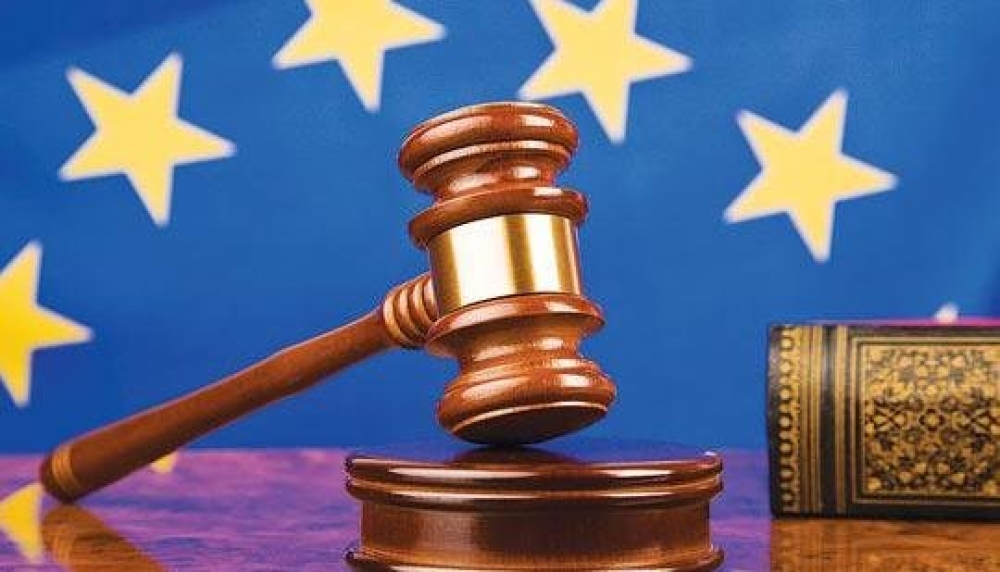GDPR⦠Time is ticking
28 Apr 2017

Original article by Jason Rayne.
The GDPR. It’s everywhere at the moment – how can it not be really, it’s the biggest shake up in data legislation that has happened for a long time.
Once the GDPR is here, it’s here to stay.
The seasons might change (how is it nearly summer?!) but safe to say that once the GDPR is here, there’ll be no going back! With just over a year to go, companies are avidly preparing and brushing up on their knowledge.
What is the GDPR
The General Data Protection Regulation (GDPR) (Regulation (EU) 2016/679 is a regulation intended to strengthen and unify data protection for all individuals within the European Union. With more data being around than when the DPA 1988 was drafted there is a much greater need for more detailed governance. The GDPR gives more rights to individuals and responsibilities to organisation or people that deal personal data.
Please see the ICO and DMA portals for further detail on the GDPR.
When can we expect more detail?
The ICO has working parties actively discussing points such as consent, legitimate interest and legitimate profiling. More detail will come out in the wash ahead of May 25th 2018 so for now we have to sit tight and adapt to the updates as they come out.
What do I need to do ahead of May 25th 2018
A good starting point is complying with DPA 1988. We can definitely help with Principle 4 keeping personal data accurate and up to date. Take a read of our GDPR quick reference guide too.
When does the GDPR come into force?
Unlike spring, the GDPR comes into force on one set date – 25th May 2018. This is therefore the last full spring in which you can clean your data ahead of the GDPR and get in gear with the new laws as the GDPR is not just advisory and the fines involved are large.
Why is clean data important?
- Clean data leads to a better staff experience. Contacting phone numbers that work and getting through to the named individual leads to higher moral and improved efficiency.
- Clean data leads to better legal compliance. Not contacting people on TPS or companies on CTPS stops companies from being in the line for some very large fines – not only this but they’ll be preserving their reputation too.
- Clean data adheres to Principle 4 of the Data Protection Act 1988, keeping personal data accurate and up to date, which is also beneficial incase you receive enquiries asking to send the data that you hold on that person.

Please login to comment.
Comments